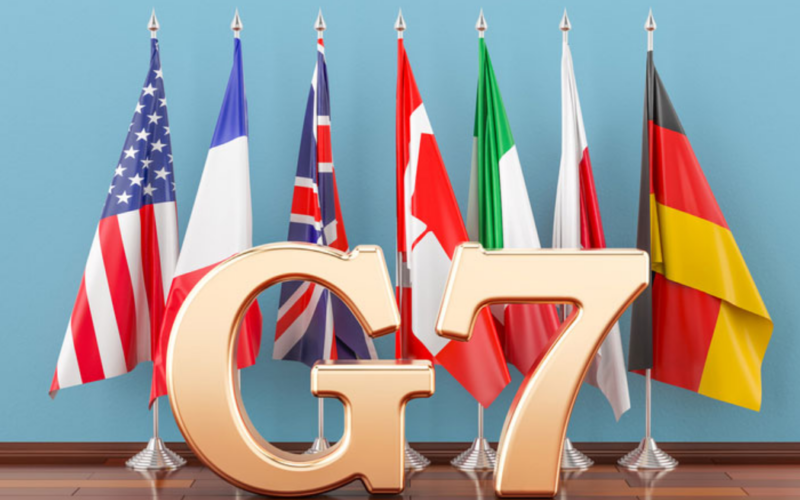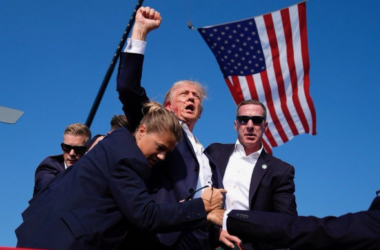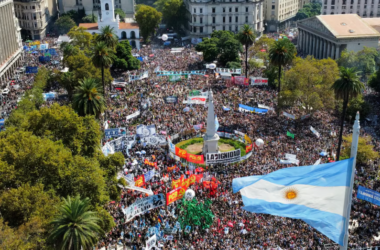In a notable development that underscores the complex dynamics of global geopolitics, the United States has put forth a proposal urging working groups from the Group of Seven (G7) countries to explore strategies for the seizure of $300 billion in frozen Russian assets. The Financial Times has reported that the United States, supported by key allies including the UK, Japan, and Canada, is advocating for a concerted effort within the G7 framework to address this substantial financial matter.
The $300 billion in frozen Russian assets has become a focal point of international discussions, with the United States spearheading the initiative to bring together working groups from G7 nations. The proposal suggests undertaking preparatory work to ensure a comprehensive examination of potential options. The objective is to present viable strategies for consideration by G7 leaders at an anticipated meeting around February 24, as outlined in the report.
The collaborative effort is noteworthy for the backing it has received from prominent G7 members, including the United Kingdom, Japan, and Canada. The alliance of these nations signals a shared commitment to addressing the intricate challenge posed by the significant sum of frozen Russian assets. This collective support enhances the credibility and potential impact of the proposal within the G7 framework.
The proposal emphasizes the importance of advancing preparatory work to lay the groundwork for substantive discussions among G7 leaders. By doing so, the United States and its allied nations aim to have a range of well-considered options ready for consideration at the upcoming G7 meeting. The timing, set around February 24, adds a sense of urgency to the matter, indicating a desire to expedite the exploration of strategies to deal with the frozen Russian assets.
The proposed exploration of measures to confiscate Russian assets introduces a layer of complexity to the already intricate geopolitical landscape. As G7 nations deliberate on potential strategies, they must carefully consider the broader implications for diplomatic relations, global economic dynamics, and the ongoing geopolitical tensions between Russia and the United States. The outcome of these discussions could have far-reaching consequences, shaping the future trajectory of international relations.
The proposal put forth by the United States and supported by key G7 allies to explore ways to confiscate $300 billion in frozen Russian assets is a significant development in the realm of global geopolitics. The upcoming G7 meeting around February 24 will be closely watched as leaders deliberate on the potential strategies to address this financial matter. The collaborative effort signals a shared commitment to addressing complex challenges, but the ultimate impact and implications of these proposed measures remain uncertain. As discussions unfold, the international community awaits the outcome of this diplomatic endeavor and its potential ramifications on the broader geopolitical stage.








